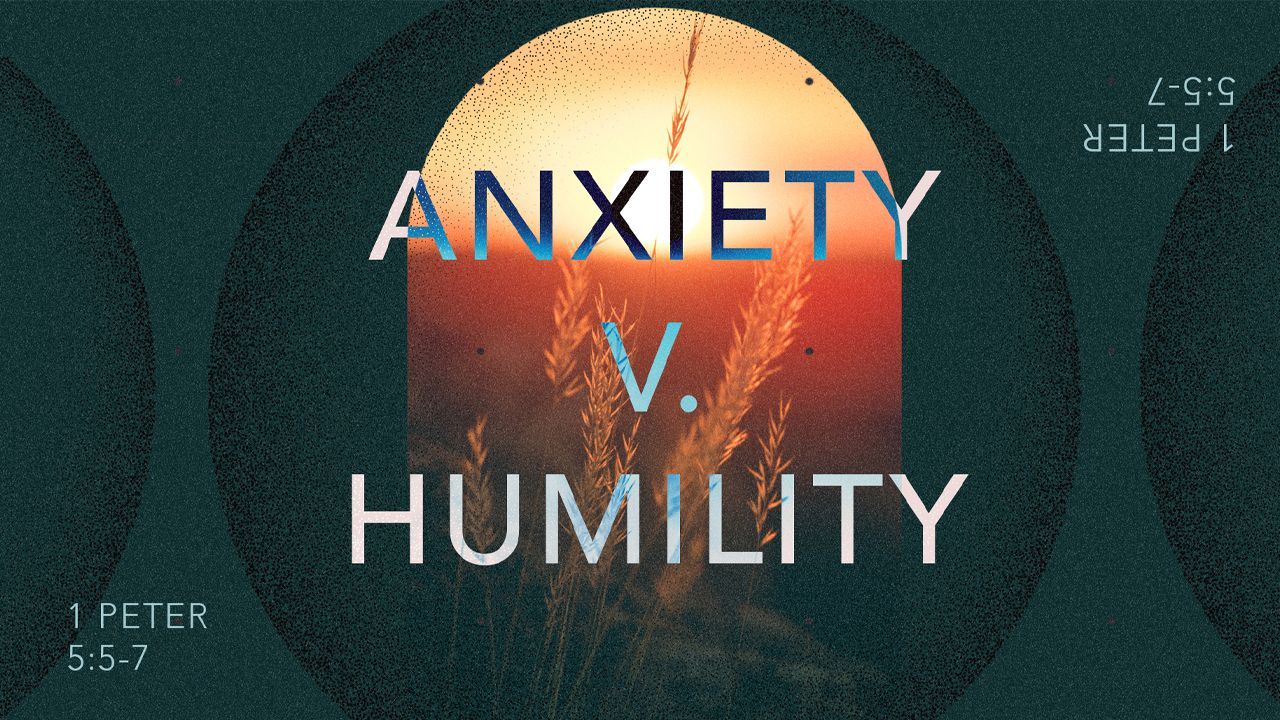Family Bonds
Summary of sermon on Matthew 12:46-50 from Pastor Ryan Lewis.
There is a captivating power in family bonds.
Family bonds are so captivating that we often see this highlighted in Hollywood. Just look at This is Us.
While this is a text about family bonds, it is a text that relates to how to prioritize earthly family versus spiritual family.
When reading Matthew 12, this particular passage can feel strange because it seems like Jesus suddenly shifts gears. It can feel like an awkward transition because it is an interruption. But Jesus uses this interruption as a lesson.
Matthew 12 does not give us very much context for this interruption, but we can infer from Mark 3:21 that Jesus’ mother and brothers did not believe he was who he said he was at this time. They thought that Jesus had lost his mind so they decided to intervene.
Jesus uses this interruption to show us that:
- God is ultimate.
- God’s family is eternal.
- God calls His family to discipleship.
When Jesus is interrupted by his family, the fact that He did not go would have been (and still is today) surprising. Many of us would come right away if someone approached us during the worship service and said that our family was outside and needed to speak to us.
However, Jesus is not renouncing His family. He is showing that God is His priority.
Point 1: God is ultimate.
We see other examples before this moment in His life where Jesus behaves in a similar way. In Luke 2, when asked by Mary and Joseph, “Why have you done this?” when they find Him in the temple in Jerusalem after searching for Him for three days, Jesus responds, “Why were you looking for me? Did you not know that I must be in my Father’s house?”
In John 2, at the wedding at Cana, when Jesus’ mother approaches Him and expects Him to perform a miracle to make wine for the wedding, Jesus says, “Don’t you know my time has not yet come.” Mary assumes that family bonds come first, but Jesus prioritizes his relationship with God.
Jesus speaks on the issue of God being ultimate multiple times in Matthew, see Matthew 10:37 and Matthew 22:37.
Our devotion to Christ and His Kingdom must be our priority. We are to love God more than our family.
The question we must ask ourselves is have we elevated our family to the position of God in our life?
We have to be connected to the source of life to help others connect to the source of life, and God is the ultimate life source.
Point 2: God’s family is eternal.
Believers are connected in Christ, and they are connected for eternity. The spiritual family is more important than the earthly family.
Jesus uses the word whoever, meaning the invitation to join God’s family is for everyone. If Mary needs Jesus as her savior don’t you think we do too? We are all in need of Jesus.
What is ultimate is what we place our hope in.
Jesus says in Luke 14:26-27, “If anyone comes to me and does not hate his own father and mother and wife and children and brothers and sisters, yes and even his own life, he cannot be my disciple. Whoever does not bear his own cross and come after me cannot be my disciple.”
What Jesus is showing us is that God himself is the greatest thing that could ever happen.
Point 3: God calls His family discipleship.
Disciple is used 269 times in the Bible, and to be a disciple does not just mean to be a follower of Jesus, but to do the will of the Father.
When we are adopted into the family of God, that is the beginning of our story.
The question we should ask ourselves is: Are we following hard after God?
We should know what we believe, and we should know the will of the Father and seek to follow Him in that way.
“The impulse to pursue God originates from God, but the outworking of the impulse is following hard after him,” -A. W. Tozer.
We are sharpened over time as we know God, are known, and make Him known.
--
Watch this sermon.





